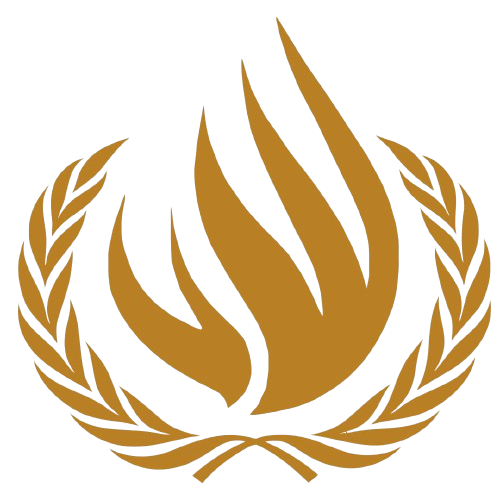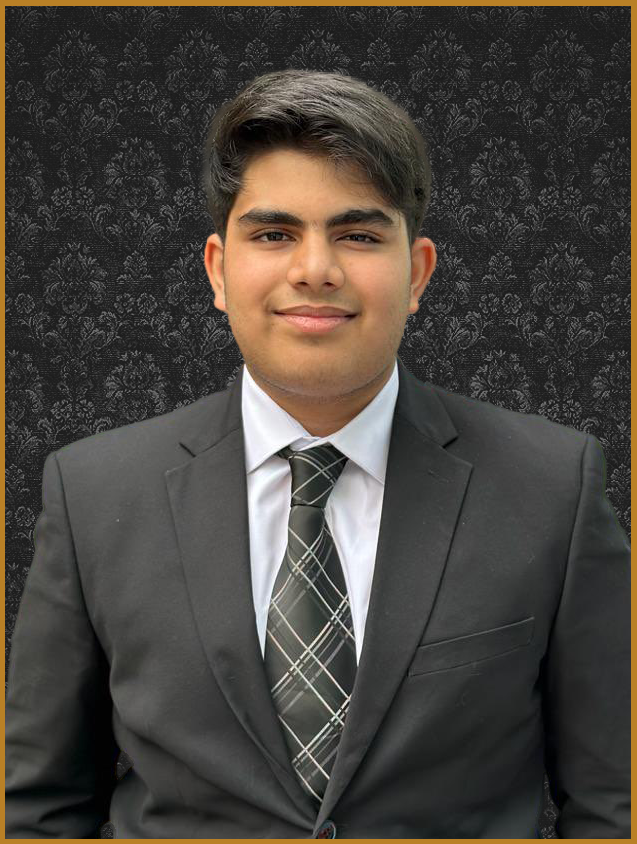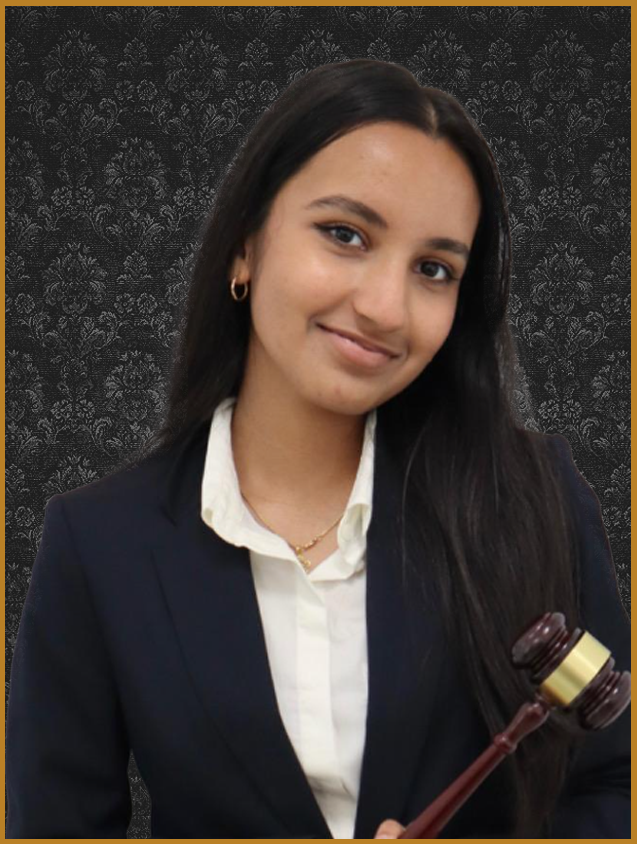
UNITED NATIONS HUMAN RIGHTS COUNCIL

About UNHRC
The United Nations Human Rights Council (UNHRC), established in 2006, is a key UN body focused on promoting and protecting human rights worldwide, addressing thematic human rights issues like freedom of association and assembly, freedom of expression, freedom of belief and religion, women’s rights, LGBT rights, and the rights of racial and ethnic minorities.
It consists of 47 member states elected by the General Assembly, reflecting diverse geographic representation. The UNHRC addresses various human rights issues through mechanisms like the Universal Periodic Review (UPR), investigates violations, issues reports, and makes recommendations. While it lacks enforcement powers, it influences international human rights norms through diplomacy and collaboration with governments and civil society.

Agenda
UNHRC AGENDA HERE
Child and forced marriages are grave violations of the human rights of women and girls. Child marriage involves marrying individuals under 18 years old, while forced marriage occurs without the free and full consent of one or both parties. These practices are prevalent in developing countries and have severe consequences for the well-being of girls and women. Approximately 650 million women and girls worldwide were married as children. Girls are often married at a young age to alleviate financial burdens on their families. Child and forced marriages deprive girls of decision-making power, hinder their education, make them vulnerable to abuse and discrimination, and restrict their participation in social, political, and economic spheres. Child marriage is linked to early pregnancies, high rates of maternal morbidity and mortality, and the risk of girls attempting to escape or harm themselves. The Sustainable Development Goal (SDG) 5, Target 5.3, urges UN member states to end child marriage
by 2030 and aligns with the Convention on the Rights of the Child’s recommendation of a minimum marriage age of 18. Achieving this target is crucial for progress in other SDGs as well.
Child and forced marriages affect millions of women and girls worldwide. Around 12 million girls are married before the age of 18 each year, and 1 in 3 women aged 20-24 were married before turning 18. Developing countries with poverty, lack of education, and societal norms perpetuate these practices. The consequences of child marriage include limited education and employment opportunities, increased risk of domestic violence, sexual abuse, and maternal mortality. Forced marriage can result in emotional and physical trauma, and may involve human trafficking.
MEET THE CHAIRS

Devagya Sawardekar
Hi, my name is Devagya. I’m 15 years old. I’m an A-Level student at GFS Al Barsha studying CS, Physics, Maths and Economics, I’m also part of the secretariat team at GFS. I started my MUN journey not too long ago and in this short time it has helped me build friendships, interpersonal skills and opened many doors for me and I hope it can do the same for everyone who is a part of this conference. Outside of MUN, I like FPS games, movies, netflix shows, and cricket.

Sofia Sajjid
Hey everyone! Attending my first MUN changed my perspective concerning how I see the world around me. I am Sofia Sajjid and I am honored to serve as Chair for UN Women at AlyxMUN. As a current-day teen, I enjoy learning about politics, financial markets, and the world’s most pressing issues. I look forward to the conference with the hope of giving delegates an unforgettable experience, and we, the secretariat, are always here to help! Can’t wait and see you all soon!
